When Brian Niccol, the new CEO of Starbucks, started his role in September, he sparked several debates. One of them was about his daily commute of approximately 1,600km from California to Starbucks' headquarters in Seattle (USA). Now, once again, he has stirred up public attention.
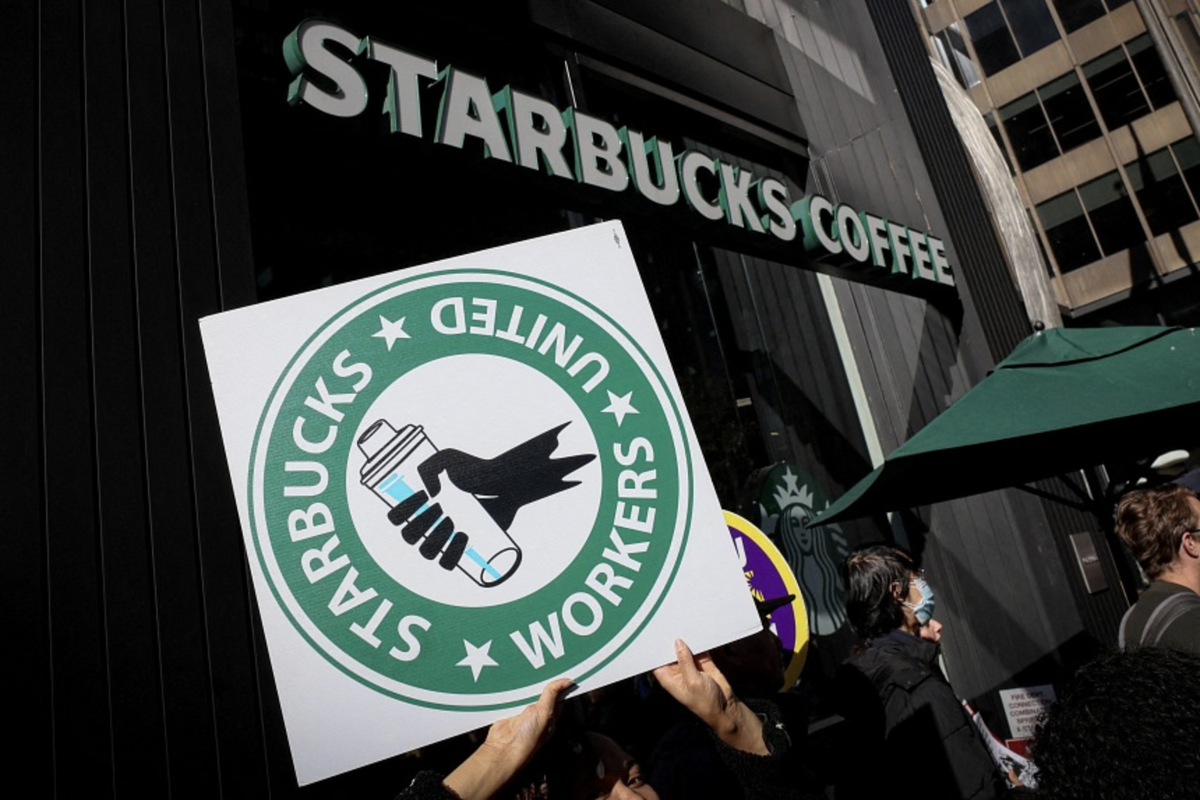
Starbucks Tightens Employee Policies The F&B giant is requiring office workers to follow a hybrid work schedule, combining remote work with at least three days per week in the office. Mr. Niccol emphasized that Starbucks won't specify which days employees must come to the office. However, this doesn't mean workers can avoid the three-day in-office requirement each week.
According to initial reports from Bloomberg News on November 18, an internal announcement was sent to the entire company, highlighting Starbucks' stricter stance on office attendance, which will take effect from January 2025. The new policy reflects the company's commitment to maintaining a balance between flexibility and workplace collaboration, while ensuring consistent productivity across all departments.
The Wall Street Journal revealed more details about this announcement, stating that employees will face an "accountability process" starting from 2025. Workers who don't follow the policy risk serious consequences, "including termination of employment," according to the notice. "We continue to support our managers in ensuring their teams comply with the hybrid work policy," the company stated in an announcement on November 18, as reported by Bloomberg.
Last week, news emerged that Publicis Media had fired nearly 100 employees in the US for repeatedly ignoring the company's three-day office work policy.
"We have been clear and consistent about our policy that employees work from the office at least three days per week," a Publicis Media spokesperson in the US declared.
"We Should Meet as Much as Possible" The new CEO, Brian Niccol, has spoken about the importance of in-person office work, although he hasn't increased the number of required days for employees.
"My view is that we should meet as much as possible," he said in a speech to employees in September, while emphasizing that employees should use their own judgment. He explained that face-to-face interactions are valuable for building relationships and fostering creativity, but he understands the need for flexibility in today's work environment. The CEO's approach aims to strike a balance between maintaining company culture and accommodating modern work preferences, reflecting a broader trend in corporate America's evolving workplace policies.
"You need to decide where you need to be to get your work done, and then do it. We are all adults," he stated. He emphasized that the company's success is the most important thing.
"I care about seeing everyone here succeed, and if success requires us to meet more frequently, then let's meet more frequently," Niccol stressed.
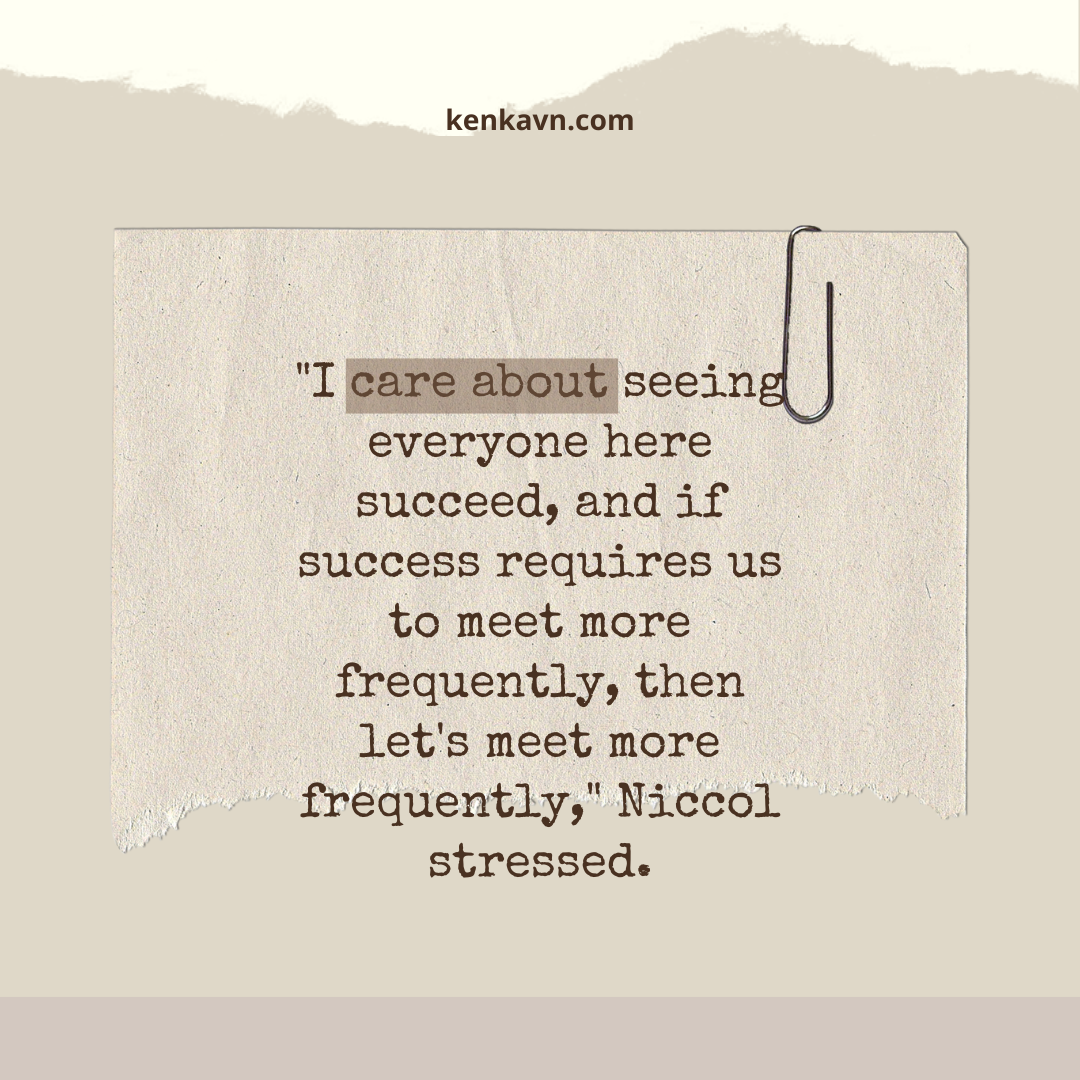
During his time as CEO at Chipotle, Niccol implemented a four-day office work policy, which made some Starbucks employees worried that their work-from-home flexibility might be further reduced.
Starbucks' hybrid work policy was implemented by then-CEO Howard Schultz in 2023.
Starbucks' three-day office requirement is still considered lenient compared to other major companies enforcing mandatory return-to-office policies. In September, Amazon CEO Andy Jassy announced that employees would need to return to the office five days a week starting January 2, 2025. This unexpected decision left many employees dissatisfied.
Walmart and Dell have also begun implementing strict return-to-office policies. However, a notable exception is Spotify. The company has announced it will maintain its "work from anywhere" policy.
The shift in workplace policies reflects a broader debate in corporate America about the balance between remote work flexibility and in-person collaboration. While some companies are taking a harder stance on office attendance, others are maintaining flexible arrangements to attract and retain talent.
This diversity in approaches shows how different organizations are adapting to post-pandemic work expectations, with some prioritizing traditional office culture while others embrace more modern, flexible solutions.
Currently, there are no comments on this post. Be the first one to comment.
- -
Source: tuoitre.vn https://tuoitre.vn/starbucks-doa-cho-nghi-viec-luon-neu-nhan-vien-khong-den-van-phong-20241121105505628.htm




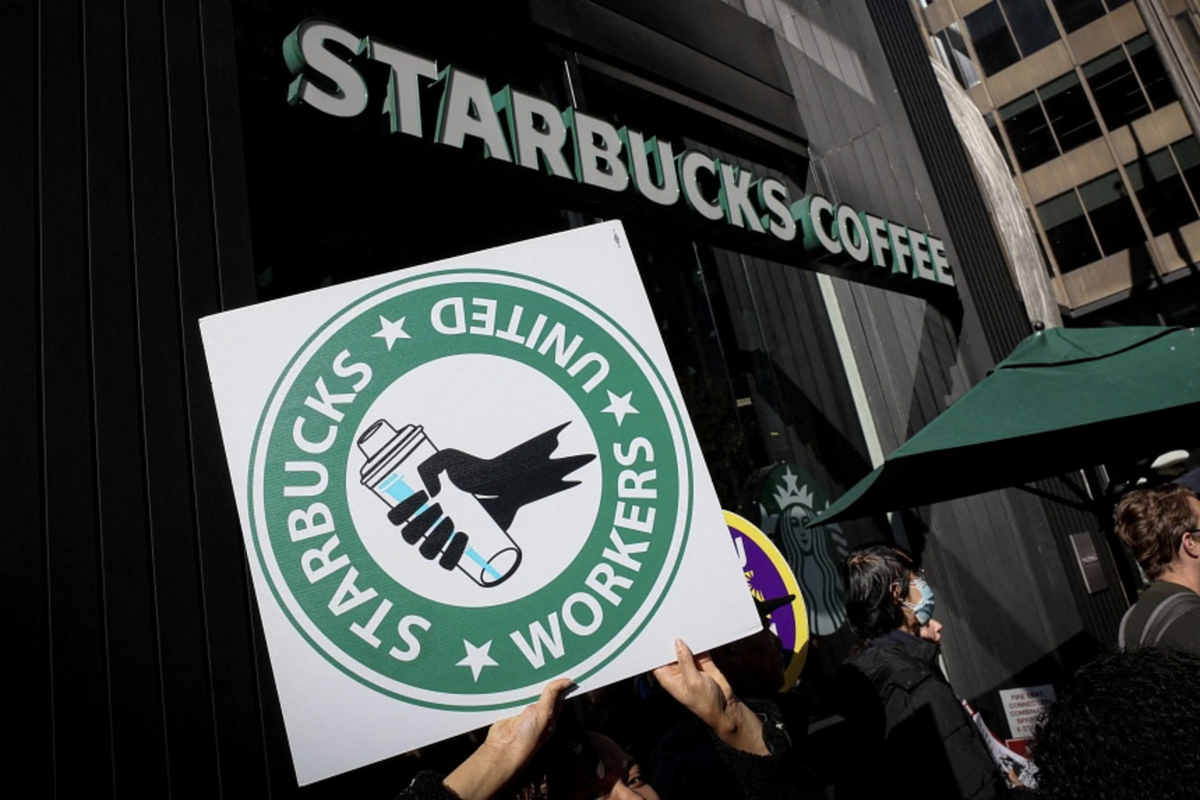


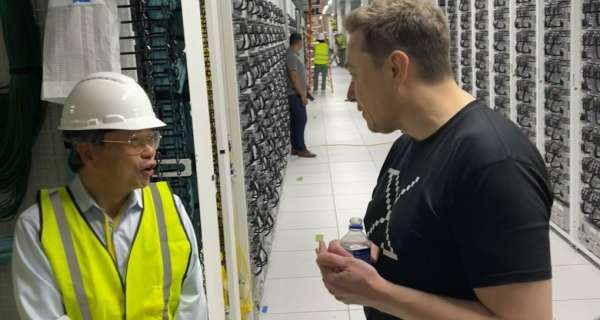
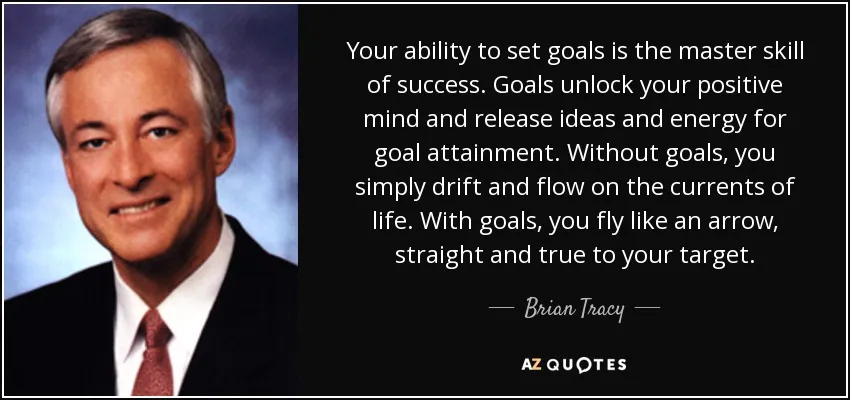


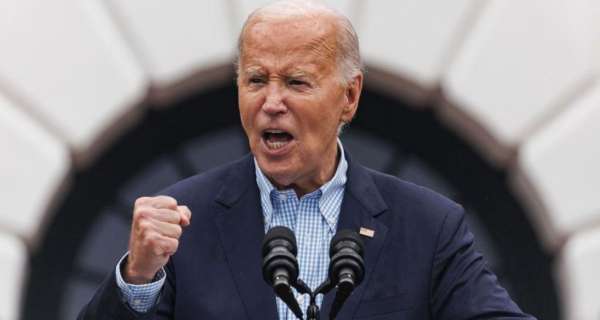
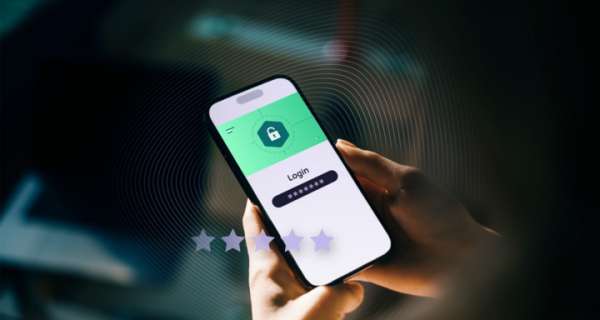

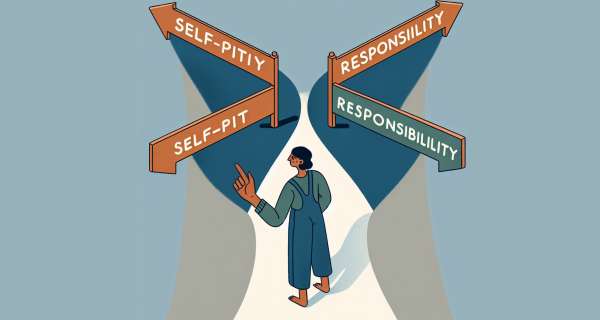





0 Commentaires